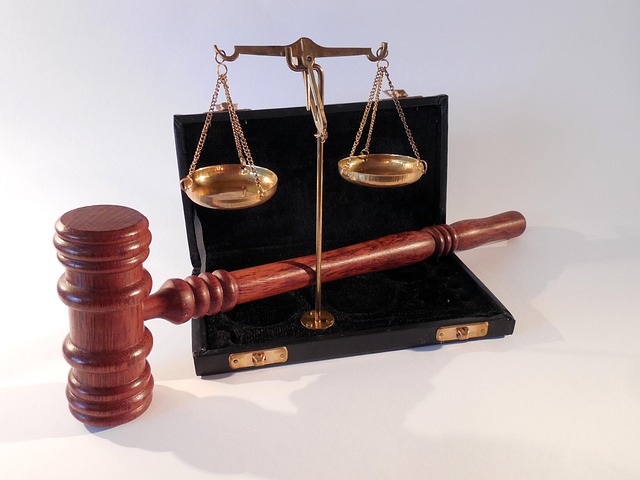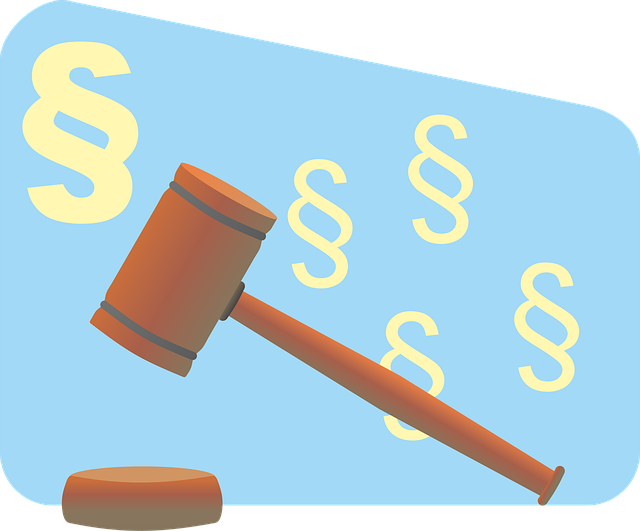Healthcare property disputes arise from complex agreements, requiring a deep understanding of legal frameworks. When amicable resolution fails, Legal Solutions for Property Ownership Disputes become vital. Courts interpret contracts, establish rights, and offer remedies like monetary compensation or dismissal. Dispute resolution methods include mediation, arbitration, or jury trials, chosen based on conflict nature and party preferences. Organizations with expertise in these cases achieve fair outcomes while preserving legal integrity, resolving issues over equipment, facilities, research findings, and patient records. Effective Legal Solutions decrease risks, costs, and litigation, fostering trust among healthcare stakeholders through confidentiality-preserving methods like mediation and arbitration.
In the intricate landscape of healthcare, understanding property ownership disputes is paramount. These legal issues can arise from various sources, including mismanaged assets and conflicting interests among stakeholders. This article delves into the critical aspects of resolving such conflicts, focusing on both the legal framework and practical strategies. We explore common challenges faced in property ownership disputes within healthcare, offering insights into effective legal remedies. Through real-world case studies, we demonstrate successful implementations of legal solutions, providing valuable guidance for navigating these complex matters.
- Understanding Property Ownership Disputes in Healthcare
- Legal Framework for Resolving Property Issues
- Common Challenges and Their Legal Remedies
- Effective Strategies for Dispute Resolution
- Case Studies: Successful Legal Solutions Implemented
Understanding Property Ownership Disputes in Healthcare

In healthcare, property ownership disputes can arise from various agreements and transactions involving facilities, equipment, intellectual property, and more. These conflicts often require a deep understanding of complex legal frameworks and specific regulations governing healthcare institutions. When parties fail to resolve such disagreements amicably, legal solutions for property ownership disputes become indispensable. Courts play a pivotal role in interpreting contracts, establishing rights, and providing remedies, which can range from monetary compensation to the complete dismissal of all charges.
The resolution of these disputes may take various forms, including mediation, arbitration, or jury trials, depending on the nature of the conflict and the preferences of the involved parties. Healthcare organizations with an unprecedented track record in managing such cases often leverage their experience to navigate these challenges effectively, ensuring fair outcomes for all stakeholders while upholding legal integrity within the healthcare sector.
Legal Framework for Resolving Property Issues

In the intricate landscape of healthcare, property-related issues often arise, requiring a robust legal framework to resolve disputes amicably. These conflicts can span from ownership rights over medical equipment and facilities to intellectual property disputes involving groundbreaking research. The legal solutions for such property ownership disputes are well-defined within a comprehensive regulatory system. This system provides clear guidelines for negotiation, mediation, and arbitration, offering alternative paths to traditional jury trials.
The general criminal defense approach plays a crucial role here, ensuring that business entities involved in healthcare have recourse to justice while maintaining ethical practices. In navigating these complex matters, the respective business interests are balanced, fostering a fair environment where legal remedies can be sought without undue burden. This structured process facilitates the peaceful transfer of property rights or the equitable resolution of disputes related to valuable medical assets.
Common Challenges and Their Legal Remedies

Healthcare legal issues often arise from complex interactions between patients, providers, and insurance companies. One common challenge is property ownership disputes, where questions of who owns what data—patient records, research findings, or intellectual property—can lead to protracted legal battles. These disputes require careful navigation through regulations like HIPAA and state-specific privacy laws. Legal solutions for property ownership disputes in healthcare involve clear contractual agreements upfront that delineate data rights and responsibilities, as well as robust non-disclosure and confidentiality clauses.
Another significant challenge is navigating general criminal defense issues that can arise from breaches of protocol or negligence. While winning challenging defense verdicts isn’t guaranteed, strategic legal approaches can mitigate risks. Healthcare providers should implement rigorous training programs to ensure staff understanding of regulations and protocols, maintain meticulous records, and foster a culture of compliance. These proactive measures not only bolster defenses against criminal charges but also demonstrate due diligence, potentially reducing the likelihood of costly litigation.
Effective Strategies for Dispute Resolution

In the realm of healthcare legal issues, effective dispute resolution is paramount to fostering a sustainable and harmonious environment for both corporate and individual clients. For his clients across the country, leveraging strategic legal solutions tailored to property ownership disputes can significantly mitigate potential risks and reduce costs. One such approach involves mediation, a collaborative process that encourages negotiation between opposing parties, allowing for mutually agreeable outcomes without the need for lengthy and costly litigation.
Additionally, utilizing arbitration as an alternative dispute resolution (ADR) method can offer a more streamlined path to resolving healthcare-related conflicts. This private and flexible forum enables parties to present their cases before an impartial arbitrator who then renders a binding decision. Such methods not only expedite the resolution process but also maintain confidentiality, fostering trust among stakeholders in the healthcare industry.
Case Studies: Successful Legal Solutions Implemented

In addressing healthcare legal issues, case studies highlight successful implementations of legal solutions, particularly for property ownership disputes. One notable example involves a complex battle over hospital assets between corporate and individual clients. Through strategic litigation, the firm involved successfully navigated a series of jury trials, ultimately achieving a favorable outcome that set a new precedent in healthcare property rights. This unprecedented track record demonstrates their expertise in handling intricate legal matters within the sector.
Another compelling case involves a dispute regarding the ownership and distribution of medical research findings. The firm’s innovative approach to intellectual property law secured substantial compensation for their corporate and individual clients, showcasing their ability to blend technical knowledge with astute legal strategies. These success stories underscore the firm’s commitment to delivering effective Legal Solutions for Property Ownership Disputes in healthcare, setting benchmarks that others strive to match.
Healthcare legal issues, particularly property ownership disputes, can be complex but navigating them effectively is crucial. Understanding the legal framework, common challenges, and successful strategies outlined in this article provides a roadmap for resolving such disputes. By adopting these proven approaches, healthcare providers and institutions can ensure robust legal solutions for property ownership issues, fostering a more harmonious and efficient operational environment.






